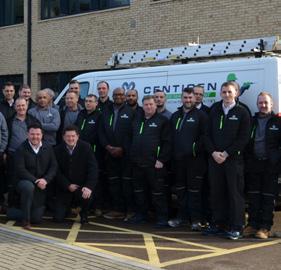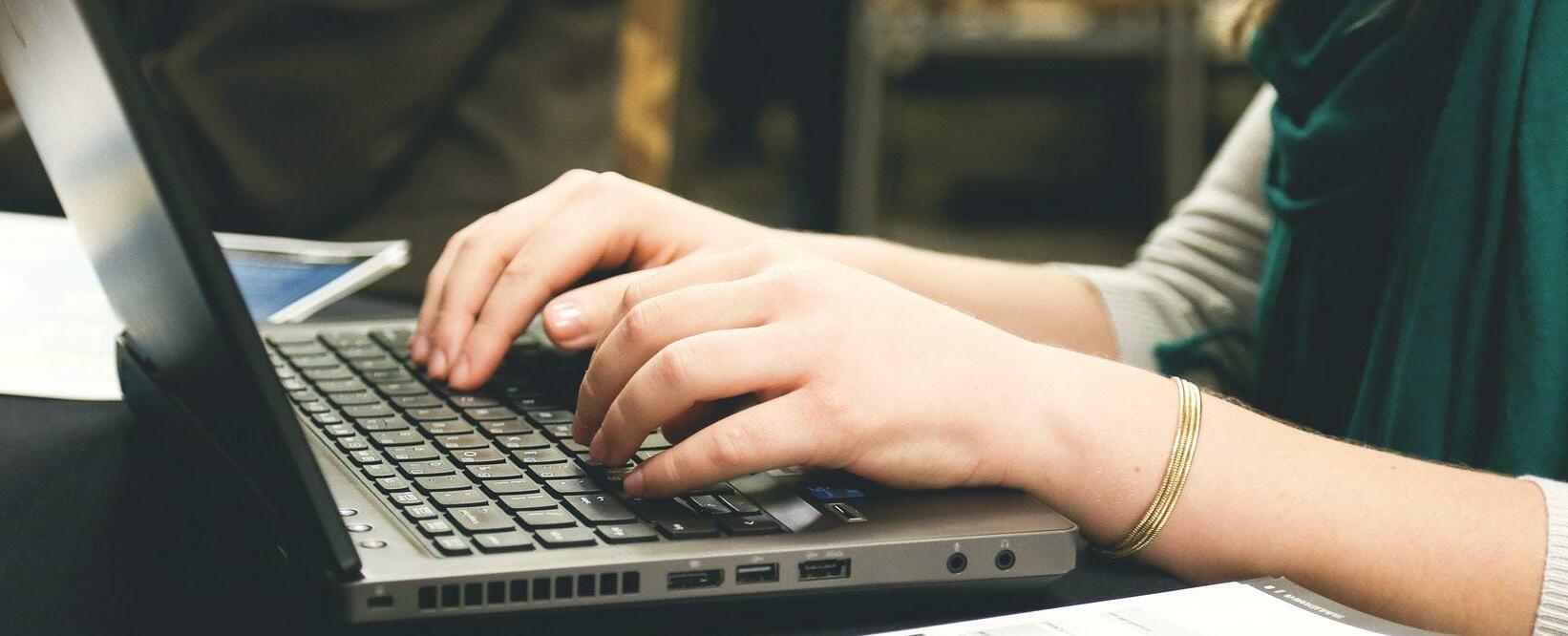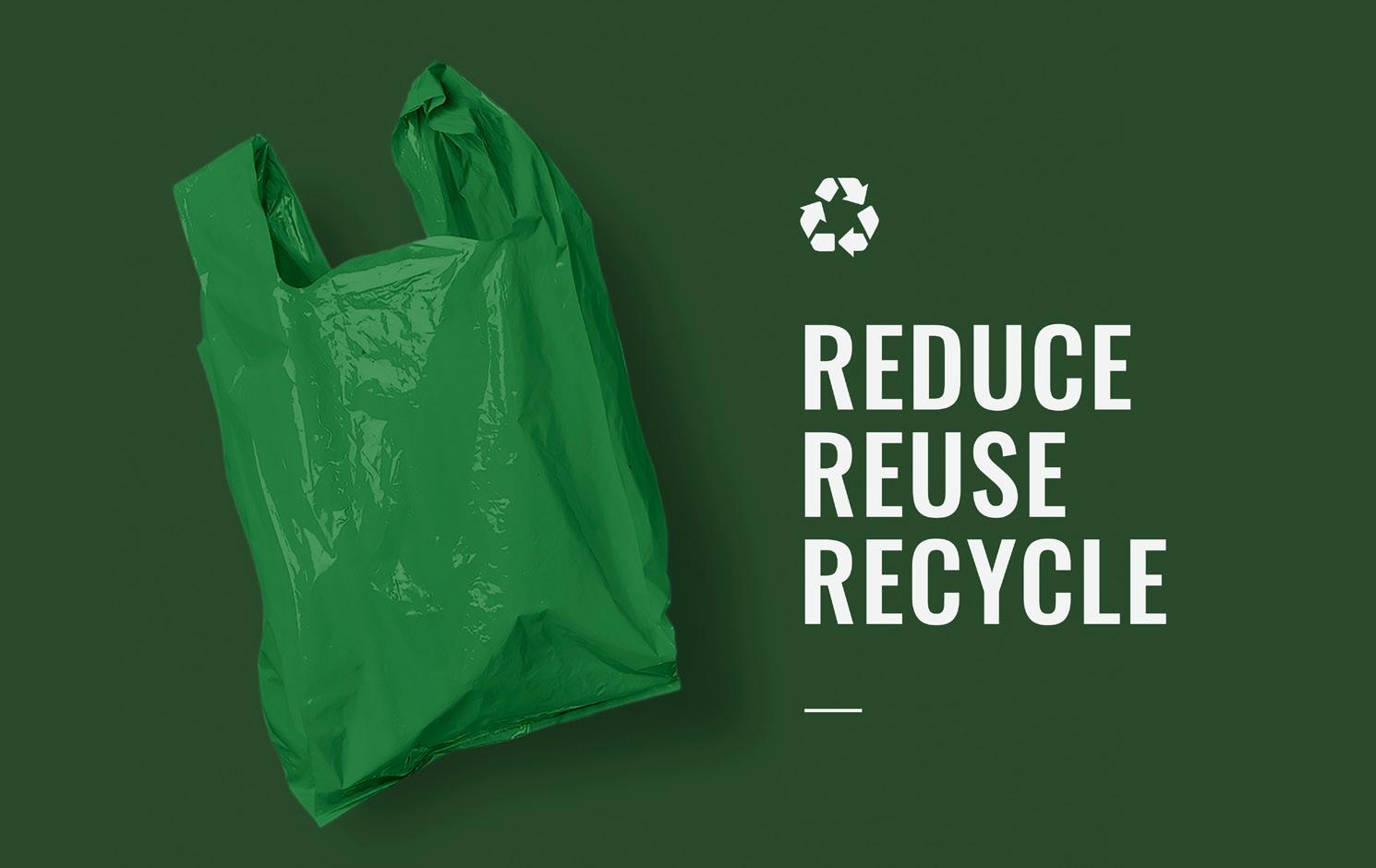
2 minute read
UV Safety Month 2022
July is UV Safety Awareness Month
Everyone loves the sunshine in the British Summer months, but it’s important to know about the effects of too much sun exposure.
Advertisement
July is UV Safety Awareness Month, which aims to spread awareness and advice on how to stay safe outdoors during the summer.
Spending too much time in the sun can increase your chances of getting a sunburn, which can increase your risk of skin cancer. It can also lead to other health problems including eye and vision damage.
There are two types of UV light that can contribute to the risk of skin cancer:
• Ultraviolet A (UVA) has a longer wavelength and is associated with skin aging.
• Ultraviolet B (UVB) has a shorter wavelength and is associated with skin burning.
Which sunscreen should you use?
A broad-spectrum sunscreen with an SPF of at least 30 is important as it can protect you from both types of UV rays. Sunscreens with at least a 4-star UVA protection can also keep you safe.
How to treat a sunburn
If you do have a sunburn, sponge the area with cool water then apply soothing aftersun cream or aloe vera. Stay out of the sun until the redness has disappeared. If the skin swells and blisters, seek medical help.
You might already be aware of some of the ways to stay safe and comfortable in the sun, but here are some reminders that may help lower your risk to sun-related health problems:

Cover up: Wear a wide-brimmed hat, long -sleeved shirts and sunglasses.
Stay in the shade or indoors: The sun’s UV rays are strongest between 11am and 3pm between March and October.
Sunscreen: It doesn’t matter which brand of sunscreen you use, just as long as the SPF is at least 30. It’s also helpful to get one which protects against both UVA and UVB types of rays.
Drink water: It may not stop you from getting a sunburn but staying hydrated can keep you cool in the high temperatures.
Finding a balance
Time in the sun helps manage your levels of vitamin D so, enjoy the sunshine while it's here but try to find a balance and don't overdo it.
By understanding the risks associated with getting too much sun, we can take precautions to protect ourselves and others.

Did you know?
• Elephants cover themselves in mud to protect against the sun.
• UV rays are so strong that hospitals use them to clean medical equipment.
• UV rays have the strength to penetrate through clouds and even cause sun burns.










